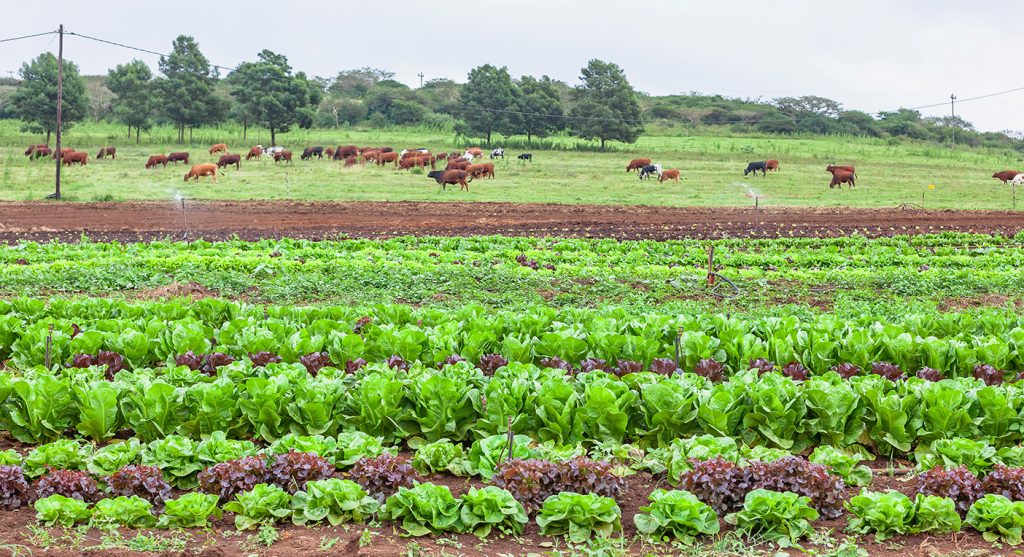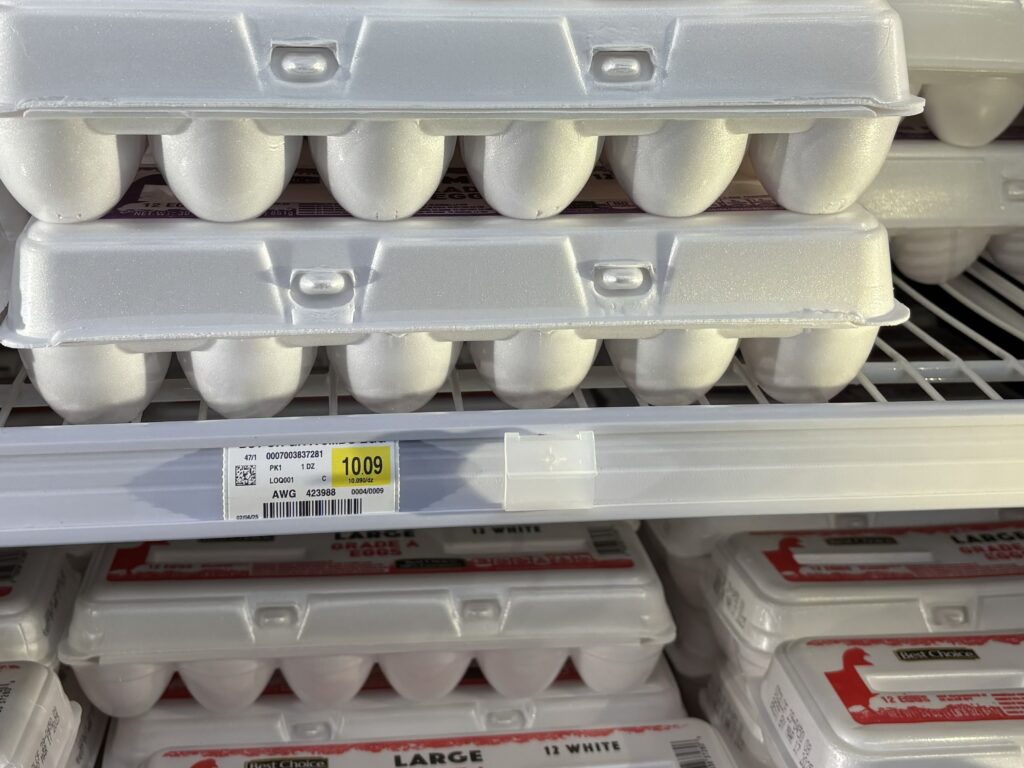Reposted from: https://thehill.com/policy/equilibrium-sustainability/3841276-americans-want-farm-subsidies-to-go-to-human-food-not-animal-feed-survey/
A new survey has found that 78 percent of Americans want federal farm funding to prioritize food for people over feed for livestock.
The Johns Hopkins Center for a Livable Future and the farm advocacy group Farm Action published the bipartisan survey of 1000 people on Thursday. It represented the first time those groups asked explicitly about American crop subsidies — a form of federal aid overwhelmingly spent on growing crops to feed beef and dairy cattle, chickens and pigs. The survey is part of a broader campaign that seeks a general reversal in American food policy — with these subsidies being one of its most contentious issues.
It is part of Farm Action’s upcoming Food Not Feed Summit in Washington D.C., on Tuesday, which seeks to rally change around a proposal to make as much federal support available for fruits and vegetables as for feed grains.
“The United States is really in a crisis when it comes to food and agriculture,” Farm Action President Joe Maxwell told The Hill. Farm Action believes these subsidy programs support an unsustainable and unhealthy American diet and food system.
Plant-based diets are widely acknowledged to reduce both climate disruption and chronic disease, according to Johns Hopkins.
But most federal subsidies don’t go to those foods. A report by Farm Action found that about 30 percent of American farm subsidies go to produce feed crops for dairy, eggs and meat. A further 12 percent goes to support the production of biofuels. Another 13 percent goes to food grains — like rice, corn and wheat — to feed people. Only 4 percent go to fruits and vegetables.
A preliminary study by the Department of Agriculture-funded Nutrition Incentive Hub found that people were most likely to buy and eat fruits and vegetables when they were subsidized.
By contrast, existing subsidy programs push farmers to overproduce fattening feed grains like corn and soy — giving companies that handle livestock, like JBS, Tyson and Pilgrim’s Pride, “access to grain at below the cost of production,” Maxwell said.
Farm Action sees the subsidies as part of a broader and more worrying trend. The advocacy group sees a national farm system that is losing the ability to produce its own healthy food. “The narrative in Washington, D.C., continues to be about how we’re going to feed the world,” Maxwell added. “The truth is, we don’t feed ourselves.”
Maxwell pointed to Americans’ growing dependence on imported crops — something he believes is a direct result of government funding priorities. By 2020, the U.S. was on track to import more food than it exported for the first time since the 1950s, according to the University of Kentucky.
The U.S. Department of Agriculture (USDA) expects this winter’s imports to surpass exports by 4 percent. A big part of that trade imbalance comes from the U.S. importing more of the “table crops” filling supermarket produce sections.
Fruits, nuts and vegetables accounted for more than half of agricultural imports, the USDA’s Economic Research Service found.
More significantly, table crops are becoming an ever-larger share of imports. Government researchers noted that two-thirds of the rise in agricultural imports could be accounted for by the rising U.S. imports of produce from berries to avocados. The Economic Research Service noted that some element of this shift comes from a rising customer preference for crops that out of season in the U.S.
This divide is even more dramatic in federal conservation programs. The USDA spends nearly 2 billion yearly on the Environmental Quality Incentives Program. But by law, half of those funds must go to grazing, manure management and other purposes exclusive to animal agriculture.
Maxwell stressed that the group isn’t proposing that “we abandon every corn farmer or soybean farmer — I happen to be one,” Maxwell said. But they want to see fruits and vegetables given at least as much support as feed grains. Doing so “would help feed our country, balance our trade and give us healthier people,” Maxwell said.



